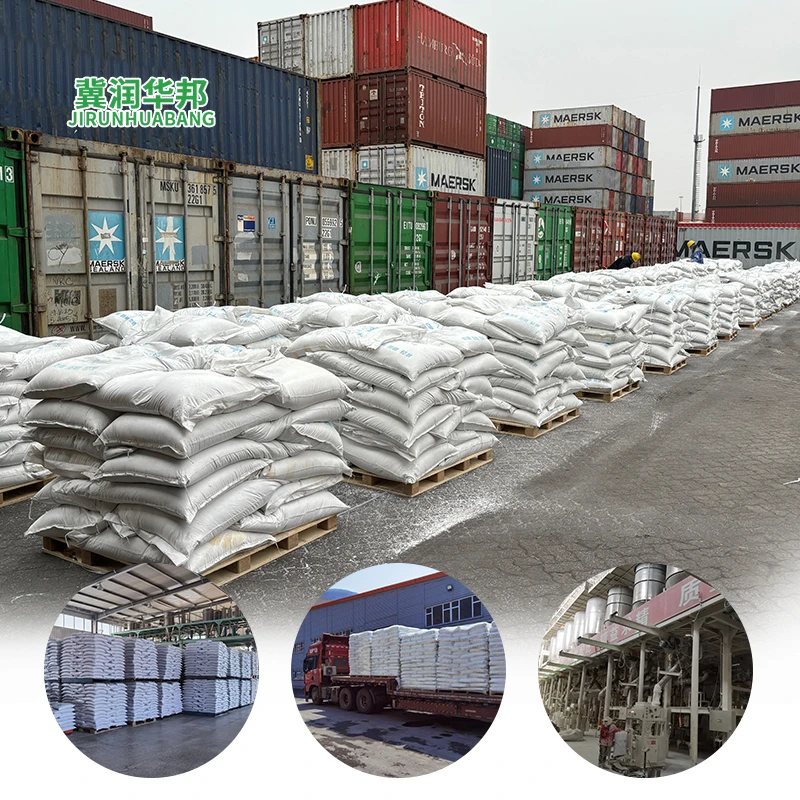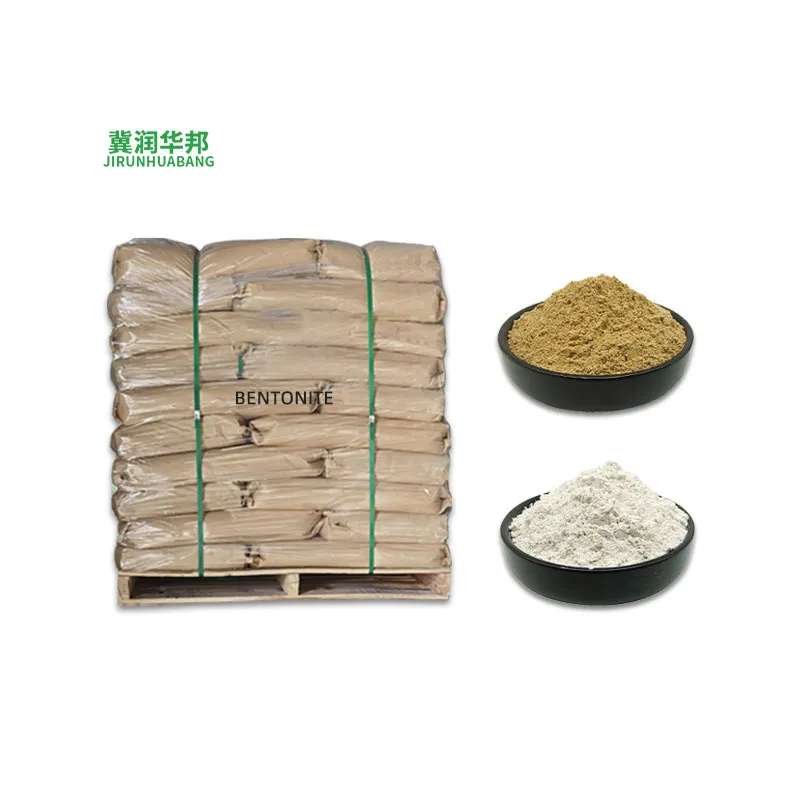Use of Polypropylene Fibres in Concrete Enhance Strength & Durability
Back to list
Transform Your Structures: Unleashing the Power of Polypropylene Fibres in Concrete
Imagine your building project. Does it suffer from cracks, low durability, or high repair costs? According to the American Concrete Institute, over 80% of concrete cracks are due to inadequate reinforcement during curing. These cracks lead to structural failures and safety risks. Annual repair costs for compromised concrete top $9 billion in the United States alone. What if you could avoid these problems at the source? The answer lies in the advanced use of polypropylene fibres in concrete
. Let's explore how this innovative solution is rebuilding America's concrete landscape—one fiber at a time.

(use of polypropylene fibres in concrete)
Unmatched Technical Advantages: Why Use Polypropylene Fibres in Concrete?
Polypropylene fibres for concrete are revolutionizing the industry. These ultra-fine fibers are dispersed throughout the concrete mix, creating a three-dimensional reinforcement matrix. Sounds fancy, right? But the real benefit lies in the numbers. Concrete reinforced with polypropylene fibres shows up to a 75% reduction in plastic shrinkage cracking, based on ASTM C1579 tests.
They're non-corrosive, which means zero risk of rust—a common issue with steel mesh. Thanks to enhanced energy absorption, impact resistance increases by up to 50%. Want a fire-resistant slab? Polypropylene fibres melt at 160°C, creating pressure relief channels that greatly reduce spalling during a fire event.
Let’s compare standard reinforcement methods:
The best part? Polypropylene fibre-reinforced concrete requires no special installation tools. Just pour, mix, and build.
Polypropylene Fibre Manufacturers: Finding the Right Partner
Not all polypropylene fibres for concrete are created equal. Leading manufacturers in the United States invest in strict quality control and R&D. Let’s see what makes a top supplier stand out:
- Consistent Fiber Size: High-tech factories deliver lengths from 6mm up to 54mm, maximizing crack control for each application.
- ISO-Certified Plants: Ensures uniformity, batch-to-batch reliability, and documented performance.
- Technical Support: Need a jobsite visit? Get mix design assistance and on-site training from your supplier’s expert team.
Comparing some leading American brands:
Want to vet your supplier? Always ask for ASTM D7508 or EN14889-2 test reports. Demand specific data, not just marketing claims.
Types of Polypropylene Fibres for Concrete: Choosing the Ideal Solution
Selecting the right type of polypropylene fibres for concrete is critical. Here’s a quick guide:
- Microfibres (6-19mm): Best for reducing plastic shrinkage cracking. Perfect for driveways, overlays, and slabs.
- Macro fibres (30-54mm): Replace or supplement steel mesh. Used in industrial floors, tunnels, and precast parts.
- Fibrillated fibres: Net-like structure creates a denser reinforcement web. Enhances crack control in high-stress elements.
Take a look at some common product parameters:
Want the right blend? Some manufacturers offer custom blends tailored for your local project specs. Don’t settle for generic—go custom and win.
Application Success: Real-World Cases of Polypropylene Fibre Use in Concrete
Let’s put theory into practice. Curious how polypropylene fibres for concrete perform on site?
- Warehouse Slabs (Texas): 50,000 sq ft project used macro fibres. Cracking reduced by 70% after six months—no steel mesh needed. Installation was 30% faster.
- Precast Tunnel Segments (California): Fibrillated microfibres prevented fiber balling and ensured uniform surface finish. Post-placement strength boosted by 12%.
- Residential Driveways (Florida): Switched from mesh to microfibres for cost savings. Homeowner complaints about cracks dropped to zero in 12 months.
- Fire-Resistant Elevator Shafts (New York): Polypropylene fibres allowed concrete to pass UL 1709 fire exposure tests, outperforming steel-only designs.
Proven in warehouses, bridges, homes, and tunnels, the use of polypropylene fibres in concrete is more than buzz—it's a game changer.
Ready to Transform Your Project? Trust America’s Leading Polypropylene Fibre Manufacturer
Don’t risk it with outdated materials. Reduce cracks. Boost durability. Cut fire risk. Save installation time. That’s the power of the use of polypropylene fibres in concrete.
As the premier American supplier of polypropylene fibres for concrete, FiberReinforce Inc. delivers tailor-made solutions. Want technical guidance? Need custom blends? We’re ready—every step of the way.
No project too big. No site too challenging. Our advanced fibres and technical team guarantee results and peace of mind. Contact us now for a no-risk consultation and free mix design support. Start building safer, smarter, and stronger. Your project’s future? It starts with us.
FAQs: Polypropylene Fibres in Concrete
Q1: What is the main use of polypropylene fibres in concrete?
The main use of polypropylene fibres in concrete is to reduce plastic shrinkage and settlement cracking, improve impact resistance, and enhance the overall durability and fire resistance of concrete.
Q2: How are polypropylene fibres for concrete added during mixing?
Polypropylene fibres are simply sprinkled into the mix at the batching plant or on-site, then thoroughly mixed to ensure even distribution throughout the concrete for optimal performance.
Q3: What types of polypropylene fibres are available for concrete applications?
There are three main types: microfibres (used for thin slabs and overlays), macro fibres (for structural reinforcement), and fibrillated fibres (for high-stress and precast applications).
Q4: Can polypropylene fibres replace steel mesh in concrete?
Yes, macro polypropylene fibres can often replace or supplement steel mesh, depending on building codes and the structural demands of your project.
Q5: Will the use of polypropylene fibres in concrete affect finishing or curing?
Not significantly. Proper mixing and finishing techniques ensure a smooth surface, comparable to traditional concrete, while offering greater crack resistance.
Q6: Are there standards for polypropylene fibres for concrete?
Yes. ASTM C1116, D7508, and EN14889-2 are commonly referenced standards. Always choose products tested and certified to these specifications.
Q7: Where can I buy high-quality polypropylene fibres for concrete in the USA?
For top-grade products and expert support, contact FiberReinforce Inc.—America’s trusted manufacturer for quality polypropylene fibres in concrete.

(use of polypropylene fibres in concrete)
FAQS on use of polypropylene fibres in concrete
Q: What are polypropylene fibres and how are they used in concrete?
A: Polypropylene fibres are synthetic fibres added to concrete mixtures to enhance certain properties. They help increase the concrete’s resistance to cracking and improve durability. Typically, these fibres are mixed directly into the concrete before pouring.
Q: What types of polypropylene fibres can be used in concrete?
A: There are mainly two types: micro polypropylene fibres and macro polypropylene fibres. Micro fibres control plastic shrinkage cracks, while macro fibres provide structural reinforcement. Both types serve different performance needs in concrete applications.
Q: What are the advantages of using polypropylene fibres for concrete?
A: Polypropylene fibres reduce cracking, increase impact resistance, and enhance concrete’s overall toughness. They also improve fire resistance by reducing explosive spalling. The fibres are easy to handle and do not cause corrosion.
Q: How do you add polypropylene fibres to concrete mixes?
A: The fibres are typically added during the mixing stage in a concrete batch plant. They should be dispersed uniformly to achieve the desired performance benefits. Following manufacturer recommendations ensures proper mixing and results.
Q: Are there any limitations to the use of polypropylene fibres in concrete?
A: Polypropylene fibres do not replace traditional steel reinforcement for structural purposes. They are best used for controlling shrinkage cracks and improving surface properties. High dosages may affect workability, so mix adjustments might be required.
